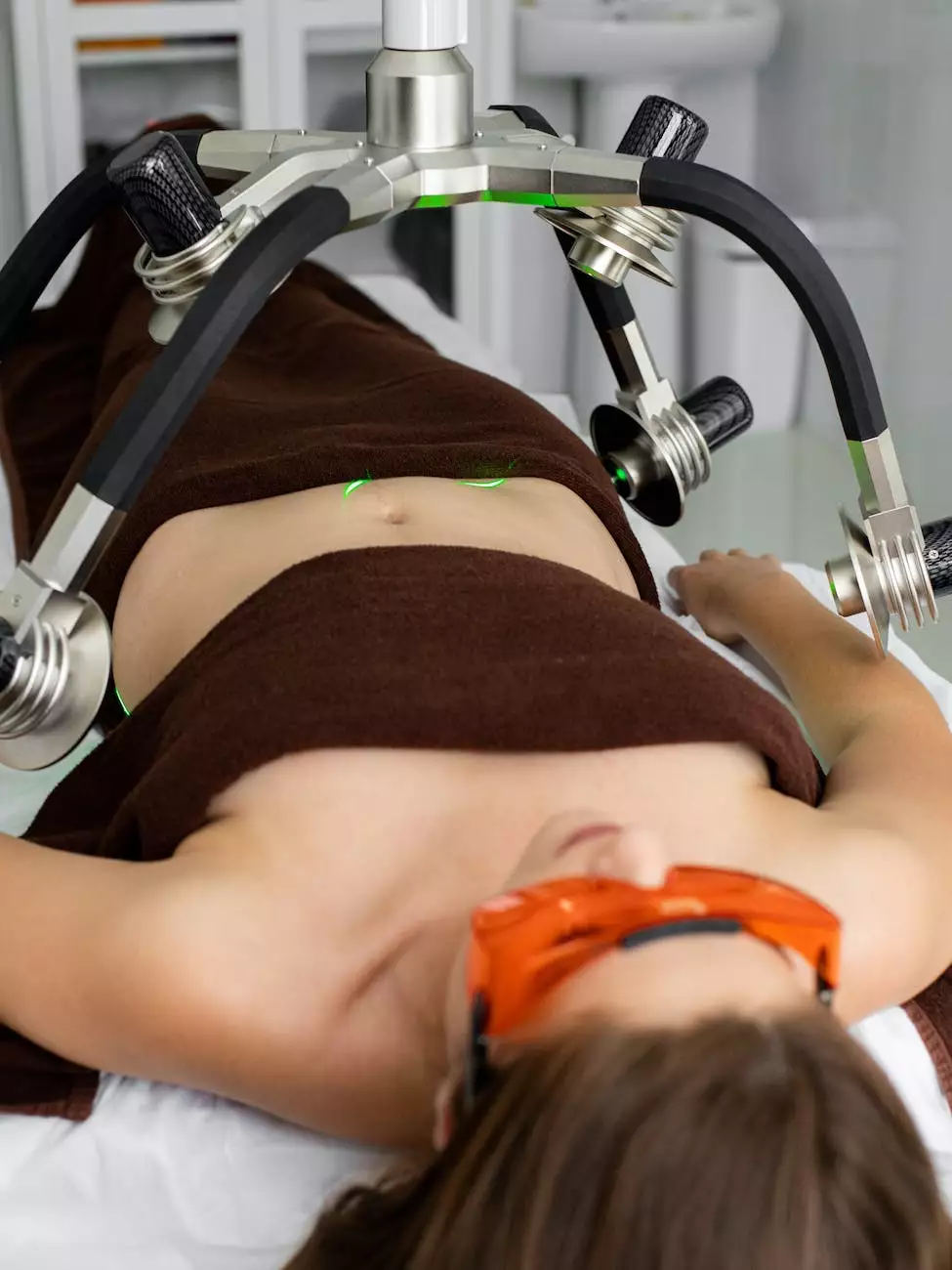Estrogen and HRT— Researchers Examine Potential for Cardiovascular Disease
Cardiology
Welcome to CHI St. Luke’s Health - Performance Medicine, your trusted resource for comprehensive healthcare information. In this article, we delve into the fascinating connection between estrogen, hormone replacement therapy (HRT), and cardiovascular disease. Our team of expert researchers and physicians have explored the latest studies and compiled valuable insights to keep you well-informed.
Understanding Estrogen and Its Role
Estrogen is a vital hormone primarily associated with female reproductive development. However, its influence extends far beyond reproductive health. Estrogen affects several physiological processes in the body, including bone health, brain function, and cardiovascular health. Research suggests that estrogen plays a significant role in maintaining cardiovascular well-being and reducing the risk of heart disease.
Hormone Replacement Therapy (HRT) and Its Potential Benefits
Hormone replacement therapy (HRT) involves the administration of estrogen and sometimes progesterone to individuals, especially women, to alleviate symptoms of menopause and address hormone imbalances. Apart from its well-known effects on reducing menopausal symptoms, HRT may offer potential benefits for cardiovascular health.
Reduced Risk of Cardiovascular Disease
Several studies have suggested that HRT, specifically estrogen-based therapy, may help reduce the risk of cardiovascular disease in postmenopausal women. Estrogen exhibits properties that can positively impact cholesterol levels, arterial function, and blood flow, ultimately reducing the likelihood of developing heart disease.
Protection Against Atherosclerosis
Atherosclerosis is a condition characterized by the buildup of plaque in the arteries, leading to restricted blood flow and increased risk of cardiovascular events. Research indicates that estrogen can help reduce the development and progression of atherosclerosis, potentially providing protection against heart attacks and strokes.
The Importance of Consultation and Personalized Care
While the potential benefits of estrogen and HRT for cardiovascular health are promising, it is crucial to approach hormone therapy with personalized care and consultation. CHI St. Luke’s Health - Performance Medicine advocates for an individualized approach, considering factors such as existing medical conditions, age, and overall health before recommending hormone replacement therapy.
Staying Informed with CHI St. Luke’s Health - Performance Medicine
At CHI St. Luke’s Health - Performance Medicine, we understand the significance of cutting-edge research and its impact on healthcare decisions. Our team of experts stays up-to-date with the latest studies and medical breakthroughs to provide you with accurate and reliable information.
Comprehensive Resources
Our website offers a wealth of comprehensive resources on a wide range of health topics. Whether you are seeking information on hormone therapy, cardiovascular health, or any other medical topic, you can rely on us to deliver detailed insights backed by scientific evidence.
Expert Opinions
In addition to our extensive resources, you can find expert opinions and perspectives from our physicians and researchers. Their expertise and experience contribute to our commitment to providing well-rounded information to empower your healthcare decisions.
Conclusion
The potential relationship between estrogen, hormone replacement therapy (HRT), and cardiovascular disease is an intriguing area of research. While studies indicate potential benefits of estrogen-based therapy for cardiovascular health, individualized care and consultation are essential factors to consider. Stay informed with the latest insights and expert opinions at CHI St. Luke’s Health - Performance Medicine, your trusted partner in holistic healthcare.




